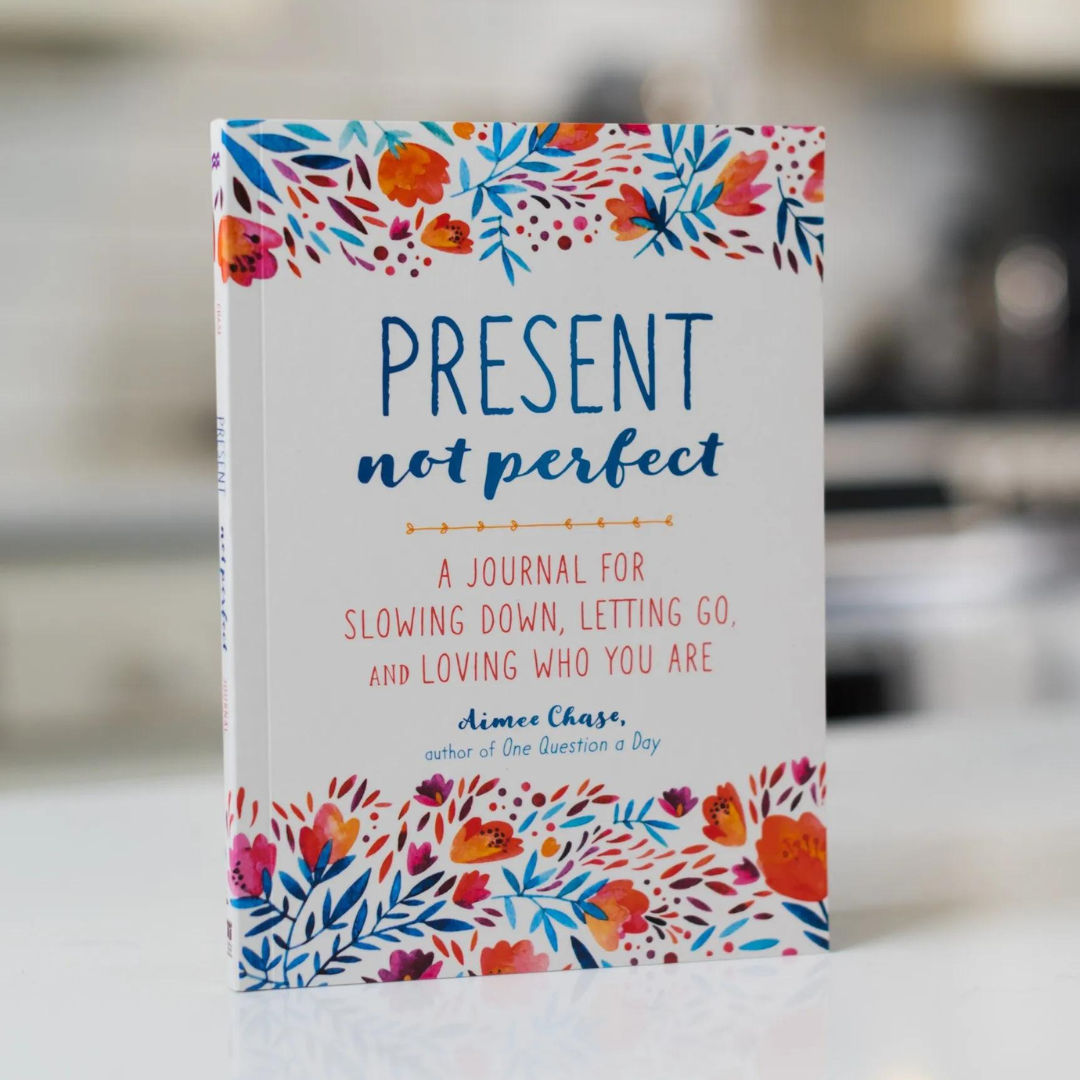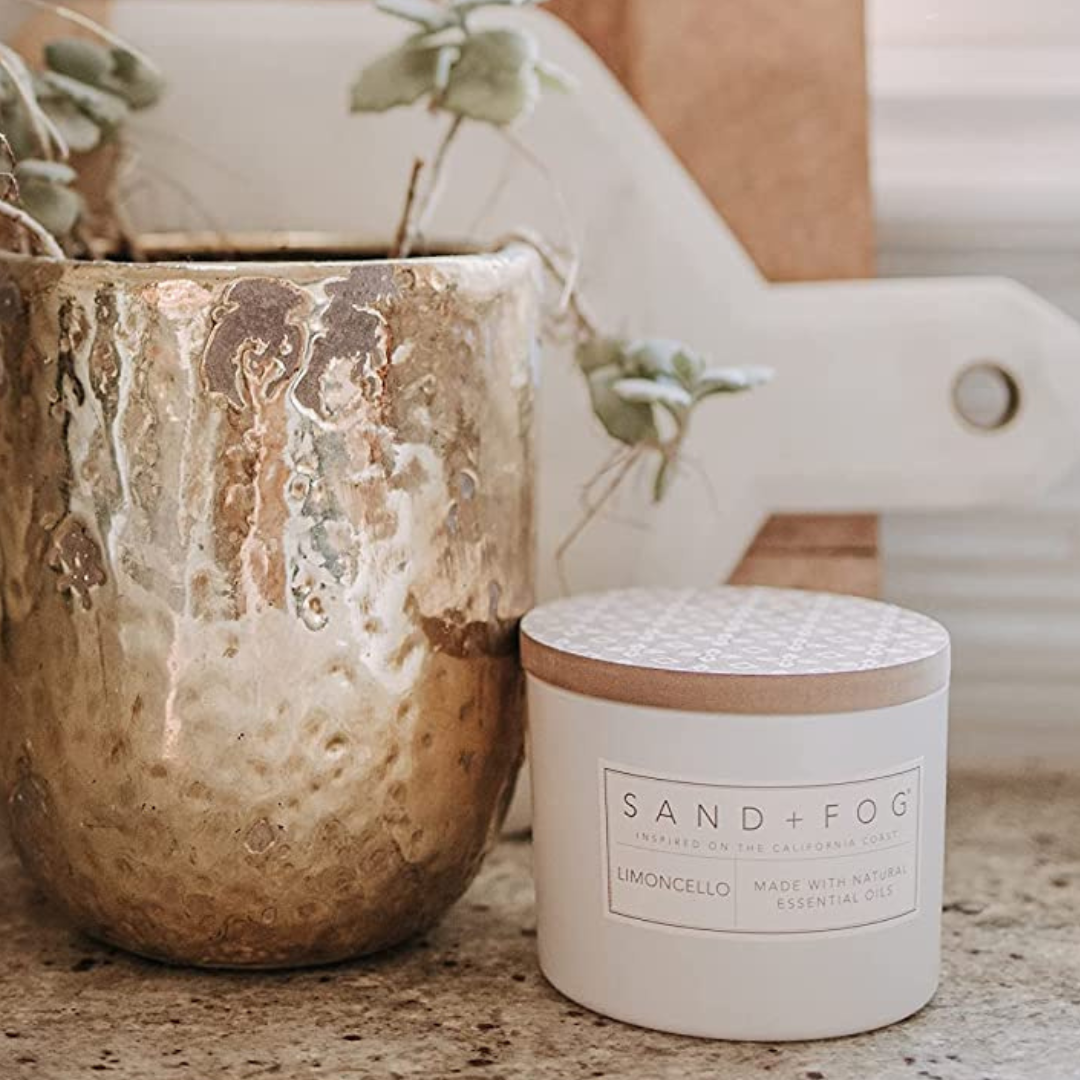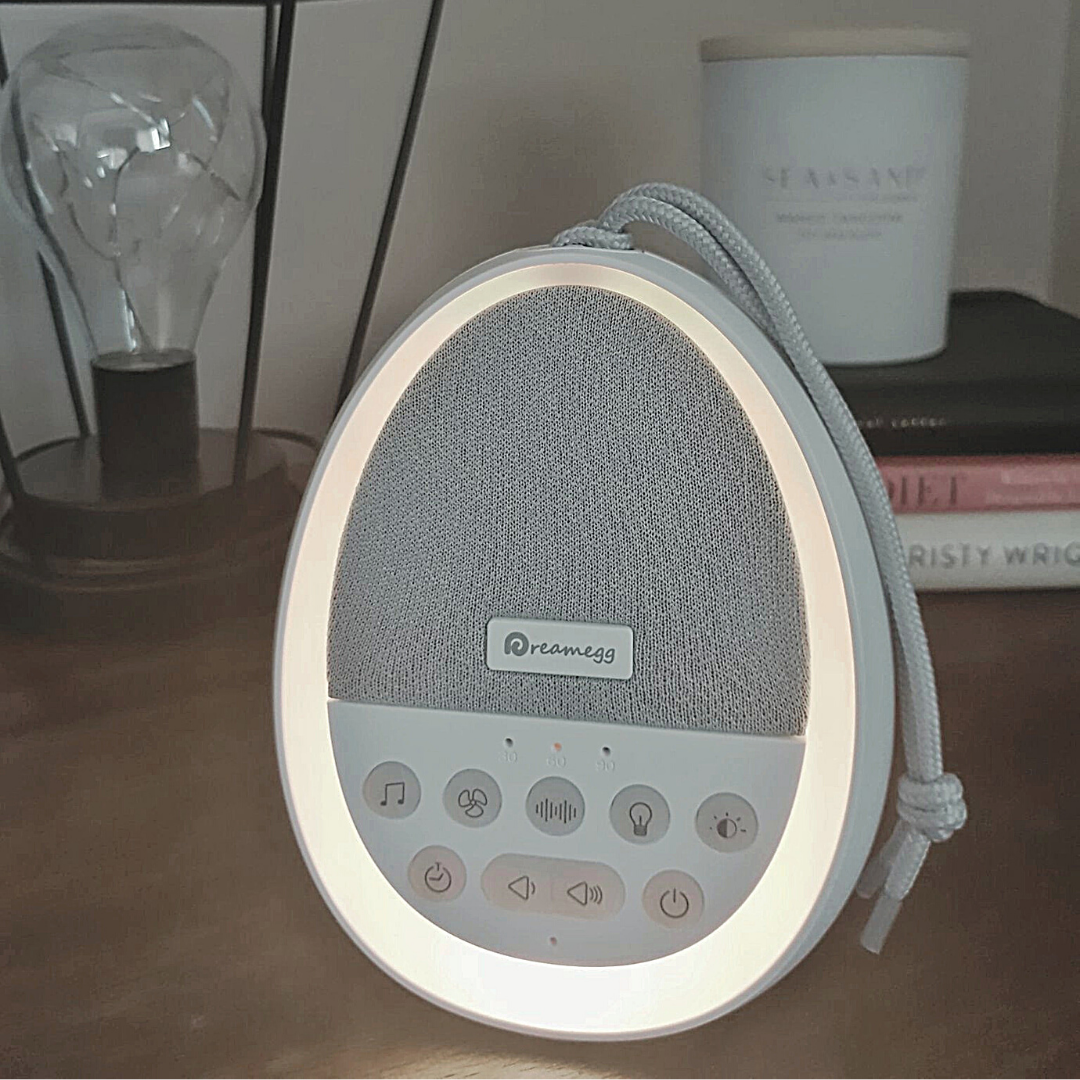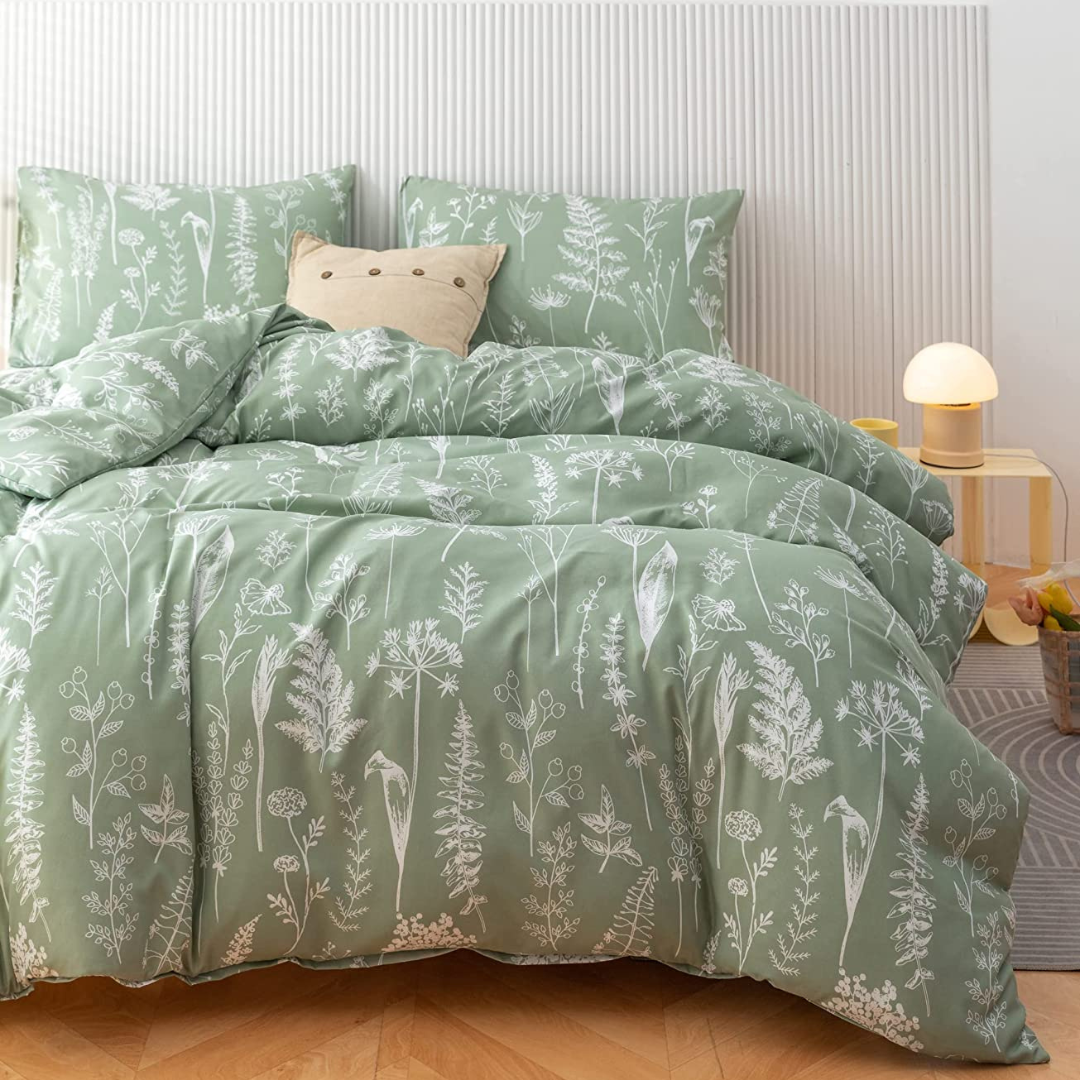|
Journaling is the deliberate act of recording personal experiences, ideas, or reflections regularly for your own use. Chances are, if you have ever taken the time to write down the thoughts that have been on your mind in a notebook or scribbled how you felt on a piece of paper, you have done this practice yourself!
Journaling can also take different forms of expression and be done unconsciously, such as by doodling on a scrap piece of paper, drawing an image that reflects your current mood, or writing down a word or phrase on your napkin that comes to mind while you're having a conversation over coffee.
This article will explore some of the benefits that you can expect by expressing yourself through the act of journaling, as well as explore some helpful resources to help you dedicate more time to this self-care option.
The links on this page are embedded with affiliate links that I may receive compensation from at no extra cost to you. Benefits of Journaling
There can be many benefits gained from taking the time to write down ones thoughts and because we are all different, each person can have a different experience following the act of journaling.
Studies have shown that writing about stressful or traumatic situations can have positive outcomes in psychological, emotional, social and even physical ways. “Everyone has their own ways of expression. I believe we all have a lot to say, but finding ways to say it is more than half the battle. ~ Criss Jami Need more reasons to consider picking up a pen, buying a cool, old-school typewriter, or opening that word document? Additional benefits of journaling may include:
Related: Reflective Journaling: A Step-by-Step Guide How to Start Journaling
Want to start journaling but finding it hard to get started? Not sure what to write about? You might want to consider Googling "journal prompts" or "ideas". It can be useful to have pre-written prompts or questions to nudge you in a particular direction, or until you feel more comfortable to free-write.
You might also consider purchasing an interactive journal from a bookstore or Amazon. An interactive journal is filled with helpful prompts, quotes, and inspirational illustrations to help you get started considering the insightful rhetoric trapped inside of you. Here is a few examples of interactive journals
Get Creative
Feel like expressing yourself in a more creative or unconventional ways? Your journal can be anything you make it to be because it's for your eyes only, unless you want to share it with others. This means you can scribble, draw, write poetry, or find any other medium of expressing your creativity.
Tip: Borrow some art supplies from your children or head to your local dollar store for inspiration on how to express yourself through art rather than words.
Is writing already a part of your self-care or insight exploration? Share how this helps you in the comment section below. Happy Journaling!
MENTAL HEALTH RESOURCE VAULTGreat!Check your email for instructions on how to access the Mental Health Resource Vault. :) Also check out:
The links on this page are embedded with affiliate links that I may receive compensation from at no extra cost to you. Want to start your own blog? Click here to learn how!
2 Comments
1/6/2019 02:30:36 pm
I loved your blog on journaling. I'm just getting started on blogging and the information was so helpful.
Reply
3/14/2020 12:14:35 pm
I'm glad to hear this article was helpful for you. I hope you are enjoying blogging!
Reply
Your comment will be posted after it is approved.
Leave a Reply. |
Welcome to the blog!↓ That's me, Heather. :)
MENTAL HEALTH RESOURCE VAULTGreat!Check your email for instructions on how to access the Mental Health Resource Vault. Categories
All
Popular Posts// 25 Positive Mindset Quotes
// Self-Care Bullet Journal Spreads // 7 Ways Your Physical Health is Connected to Your Mental Health |
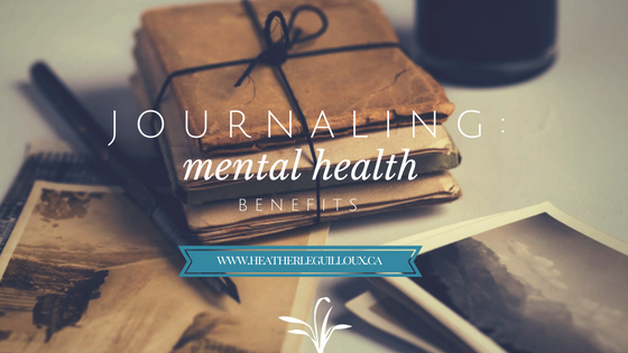
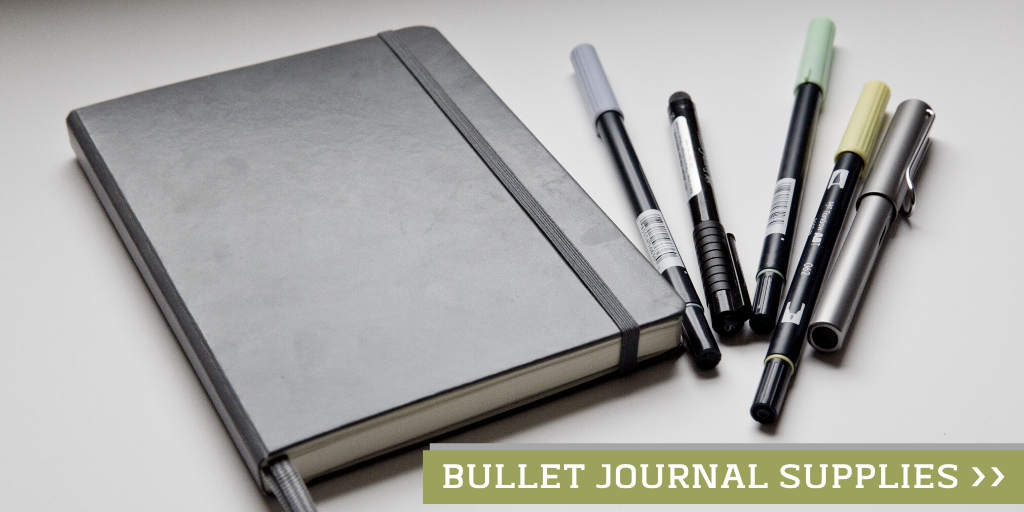
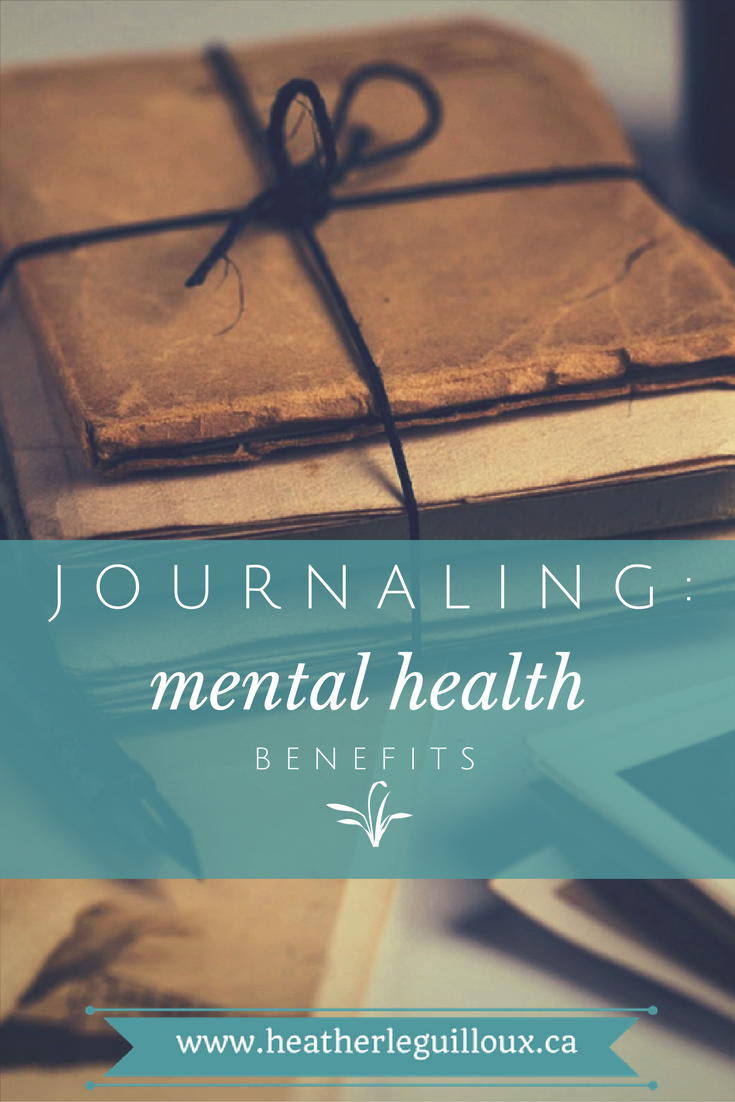



 RSS Feed
RSS Feed




